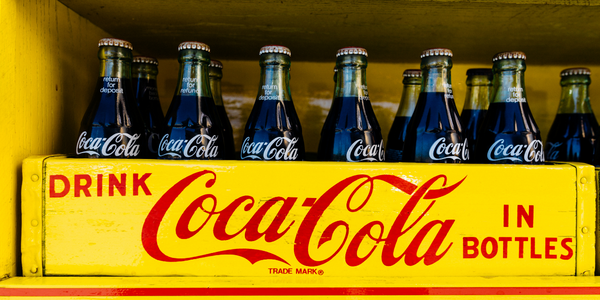Technology Category
- Analytics & Modeling - Big Data Analytics
- Analytics & Modeling - Data-as-a-Service
Applicable Functions
- Logistics & Transportation
Use Cases
- Supply Chain Visibility
About The Customer
GoodWeave International is a non-profit organization that has been working for over 20 years to end child labour in the carpet industry. The organization certifies carpets against its no child labour standard and as of 2016, also ensures that GoodWeave carpets are free of forced and bonded labour. GoodWeave verifies labour conditions through unannounced inspections at all tiers of production, down to the subcontracted homeworker level. The organization is also replicating its market-based approach in other sectors to combat child labour.
The Challenge
GoodWeave International, an organization dedicated to eradicating child labour in the carpet industry, faced the challenge of effectively monitoring and verifying labour conditions across all tiers of production, including the often overlooked subcontracted homeworker level. The complexity of the supply chain, with multiple stakeholders and their intricate relations, made it difficult to ensure compliance with GoodWeave's no child labour standard. The organization needed a solution that could provide greater transparency, especially at the bottom of the chain, and enable proactive engagement with various actors, quick adjustments by producers, and collaborative efforts with importers to improve workers' conditions sustainably.
The Solution
GoodWeave adopted ChainPoint technology to visualize all data in the supply chain, thereby gaining more information on stakeholders and their relations. The system reveals all tiers involved in manufacturing, from capturing information through interviews of the weavers, to following up on non-compliances by producers. The GoodWeave platform, built on ChainPoint technology, offers functions such as mobile data collection through all tiers of production, interfacing with existing database systems, reporting and providing data analytics, and supply chain mapping. This technology-driven approach has enabled GoodWeave to present data, proactively engage various actors, target producers enabling them to make quick adjustments, and work in collaboration with importers to improve workers’ conditions in a sustainable way.
Operational Impact

Case Study missing?
Start adding your own!
Register with your work email and create a new case study profile for your business.
Related Case Studies.

Case Study
Remote Temperature Monitoring of Perishable Goods Saves Money
RMONI was facing temperature monitoring challenges in a cold chain business. A cold chain must be established and maintained to ensure goods have been properly refrigerated during every step of the process, making temperature monitoring a critical business function. Manual registration practice can be very costly, labor intensive and prone to mistakes.

Case Study
Retail Uses RFID to Enable Cold Chain Monitoring
Like most grocery retailers, Hy-Vee is faced with the challenge of providing the highest quality products to its shoppers. Shoppers want the longest possible shelf life from perishable products and expect a consistent product experience each time they shop. Controlling the quality of products sold leads to shopper loyalty, which is of paramount importance to the success of Hy-Vee. Before products arrive in stores, Hy-Vee's distribution centers (DCs) handle items including dairy products, fresh meats, seafood, deli items, produce and frozen goods, all of which have different temperature needs and sensitivities. During transit from suppliers to DCs, Hy-Vee has limited visibility and temperature management abilities due to large amount of supplier managed transportation. For instance, during a week-long transit, a supplier's carrier equipment may malfunction, causing an item to thaw and then refreeze once repairs are made. Hy-Vee sought help from TempTRIP, an RFID solution provider that focuses on shipping, storage, receiving, and temperature control. TempTRIP's EPC RFID tags use Impinj chips to monitor and report temperature readings throughout the shipping and receiving process. The tags can also be re-configured and re-used, a unique feature within the current market of temperature monitoring devices.

Case Study
Covisint Improves Mitsubishi's Collaboration With Its Supply Chain
Mitsubishi sought to improve supplier relationships on a global basis and to offer an easy-to-use solution to interact with them. In August 2004, Mitsubishi selected Covisint’s platform to help improve sharing of information and collaborative business processes with its global suppliers. Covisint enabled Mitsubishi to provide its suppliers with immediate access to information and applications to obtain more collaborative working relationships










